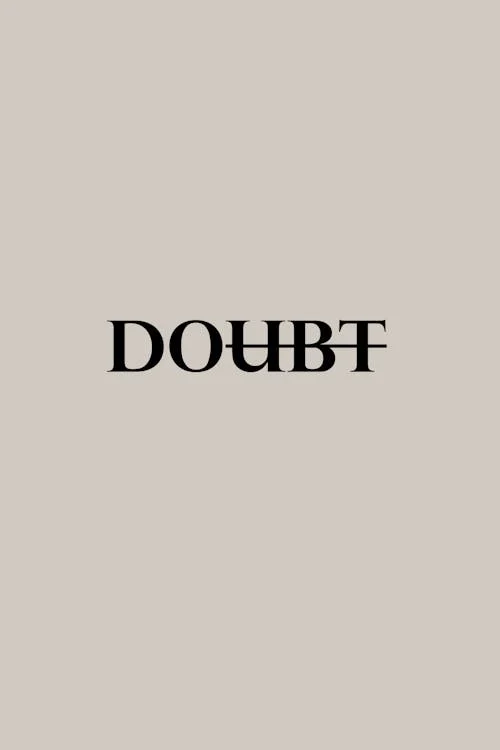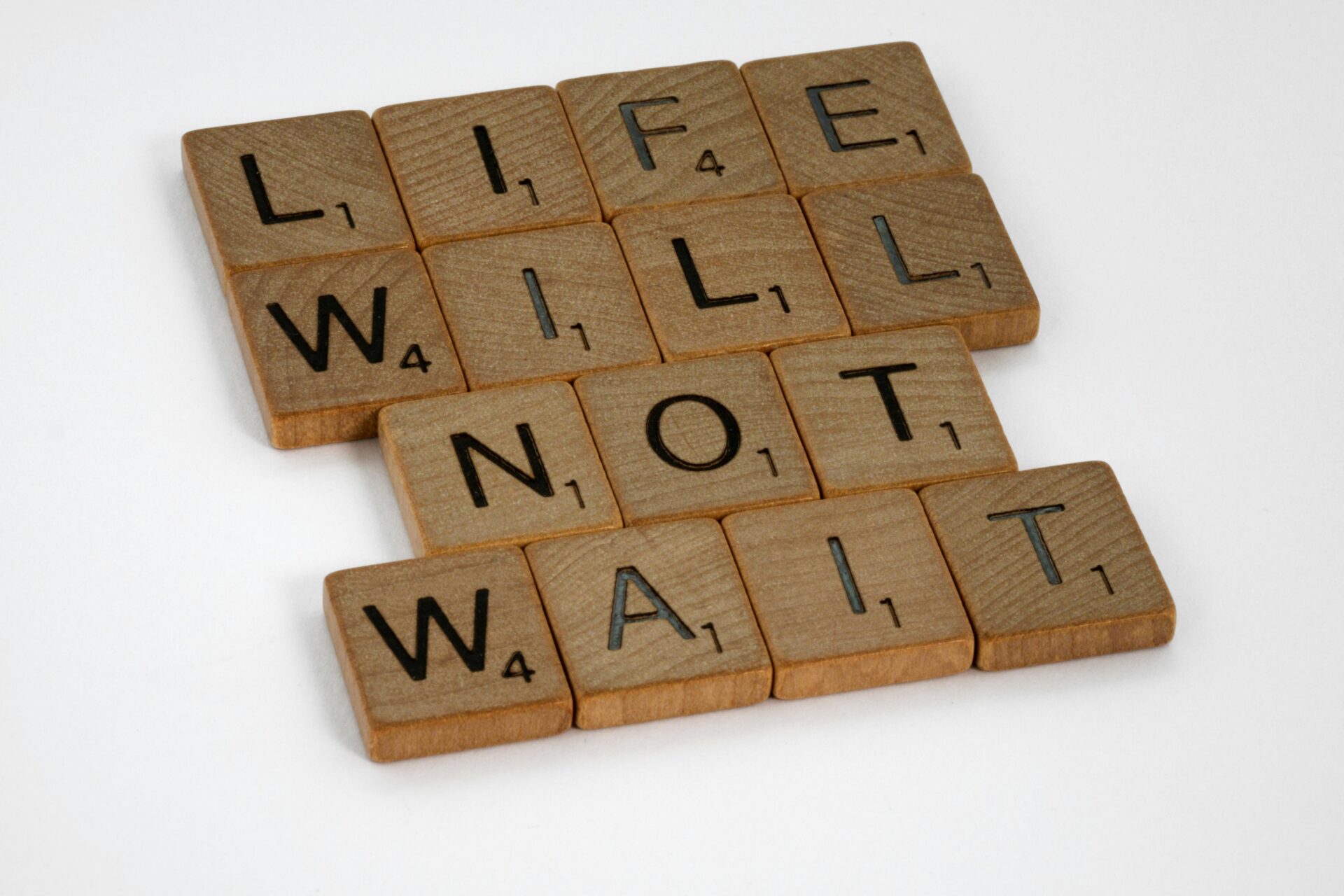Have you ever found yourself putting off tasks, knowing you’ll regret it later? You’re not alone. Procrastination is something we all deal with, but did you know there are different types of procrastination? Understanding them could be the key to managing your time better and reducing stress.

The Nature of Procrastination
It is more than just delaying a task. It’s the tendency to push activities until the last moment, even when we know there will be negative consequences. But here’s something surprising: not all procrastination is the same. Some of it might even be productive!
“The only thing to fear is fear itself.” – Franklin D. Roosevelt
For many of us, especially those with ADHD, procrastination is a daily struggle. It can be both productive and unproductive. Sometimes, we might actually get a lot done—just not the thing we intended to finish. Other times, we end up stuck, unable to move forward, and that’s where the trouble begins.
Understanding Active vs. Passive Procrastination
There are two main types of it: Active and Passive .
Active Procrastination
is when you intentionally delay a task because you believe you’ll work better under pressure. For example, you might put off cleaning your house until your friend is already on the way. You know you can get it done quickly once that urgency hits.
“The more you sweat in peace, the less you bleed in war.” – Norman Schwarzkopf
Active procrastinators often feel confident that they can complete tasks on time, even if they wait until the last minute. This type of procrastination can actually work to their advantage, as the sense of urgency helps them focus and get the job done efficiently.
Passive Procrastination
on the other hand, is unintentional. You intend to do the task eventually, but instead, you avoid thinking about it. This type of procrastination is like sticking your head in the sand, hoping the problem will go away. But it doesn’t.
“Nothing is so fatiguing as the eternal hanging on of an uncompleted task.” – William James
Passive procrastination is often rooted in anxiety and perfectionism. The task seems too daunting, and you may doubt your ability to complete it. So, you avoid it, and the stress continues to build, making it even harder to start.
The Consequences of Procrastinate
Both types come with consequences, but the outcomes can be very different. Interestingly, active procrastinators often achieve similar results to those who don’t procrastinate at all. Their ability to focus under pressure helps them succeed.
However, passive procrastination can lead to a cycle of anxiety and guilt. You keep avoiding the task, which makes you feel worse about not doing it, which in turn makes you avoid it even more.
“You may delay, but time will not.” – Benjamin Franklin
It’s important to recognize which type you’re dealing with. Understanding this can help you make better decisions about when and how to start tasks. If you’re actively procrastinating, you might just need that extra push of urgency. But if you’re passively procrastinating, it might be time to address the underlying anxiety that’s holding you back.
Procrastination: A Mindful Approach
Rather than trying to eliminate procrastination entirely, it’s more realistic to learn how to manage it. Ask yourself: Is this task something I’m putting off intentionally because I work better under pressure, or am I avoiding it because it feels overwhelming?
“The best way out is always through.” – Robert Frost
By identifying the type of procrastination you’re experiencing, you can take steps to address it. If it’s active procrastination, embrace that sense of urgency when it kicks in. If it’s passive, try breaking the task into smaller, more manageable parts to reduce the anxiety associated with it.
By identifying the type of procrastination you’re experiencing, you can take steps to address it. If it’s active procrastination, embrace that sense of urgency when it kicks in. If it’s passive, try breaking the task into smaller, more manageable parts to reduce the anxiety associated with it.
Takeaways: Key Points to Remember
- Identify the Type: Understand whether you’re dealing with active or passive procrastination.
- Manage Anxiety: If it’s passive procrastination, address the anxiety or perfectionism that’s causing you to delay.
- Embrace Urgency: For active procrastinators, use the sense of urgency to your advantage.
- Mindful Procrastination: Learn to procrastinate mindfully by recognizing the potential benefits and costs.
Procrastinate with Purpose
Procrastination isn’t always a bad thing, but understanding it can help you use it more effectively. Whether you’re an active procrastinator who thrives under pressure or a passive procrastinator who struggles with anxiety, there are ways to manage your time better and reduce stress. So, next time you find yourself putting something off, ask yourself: Is this helping or hurting me? And remember, you’re not alone in this journey—many of us are right there with you!
“Procrastination is the art of keeping up with yesterday.” – Don Marquis
By approaching with awareness and understanding, you can turn it from a stumbling block into a tool for success. Happy procrastinating, friends!



Your articles are extremely helpful to me. Please provide more information!
Thank you so much for sharing that! It means a lot to know that the blog resonates with you and is helpful on your journey. I’ll definitely keep your feedback in mind as I create more content—your insights help shape what comes next on Breeze of Harmony. Are there specific areas or questions within well-being, mindfulness, or self-improvement that you’d like to dive deeper into? I’m here to support you every step of the way!
May I request that you elaborate on that? Your posts have been extremely helpful to me. Thank you!
Thank you for your articles. They are very helpful to me. May I ask you a question?
Thank you for any other magnificent article. The place else may just anybody get that type of information in such an ideal method of writing? I’ve a presentation subsequent week, and I am at the look for such info.
You made some clear points there. I looked on the internet for the subject and found most individuals will go along with with your website.
It抯 really a nice and useful piece of information. I am happy that you simply shared this helpful info with us. Please stay us informed like this. Thanks for sharing.
Someone essentially help to make seriously articles I would state. This is the first time I frequented your web page and thus far? I amazed with the research you made to make this particular publish amazing. Wonderful job!